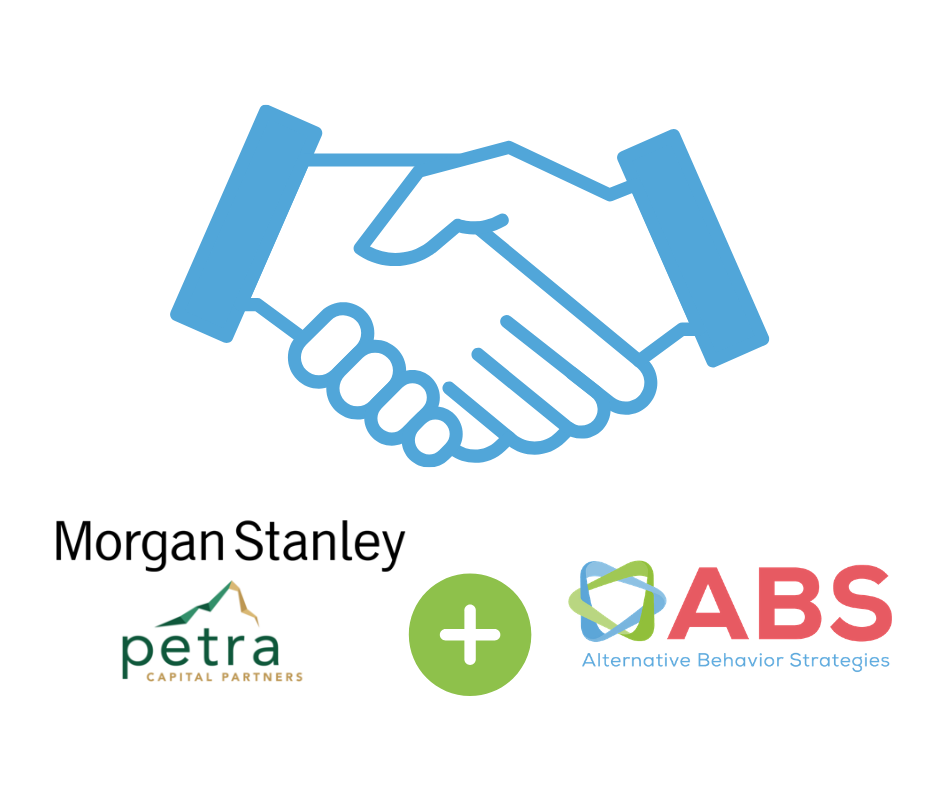Dr. Aaron Rachelle Campbell on Culturally Responsive Practices in Autism Care
At ABS Kids, we’re committed to advancing diversity, equity, inclusion, and belonging (DEIB) in every aspect of care.
This week on the Autism Weekly Podcast, Dr. Aaron Rachelle Campbell, Assistant Professor of Special Education at the University of Missouri, shared powerful insights into the importance of culturally responsive practices in education and autism services.
Dr. Campbell’s work focuses on enhancing support for minoritized students, reducing exclusionary practices, and fostering equity in underserved communities.
Here are some key takeaways from the episode and why they matter for families navigating autism care.
Dr. Campbell emphasizes that effective autism care and education must reflect the cultural identities and lived experiences of the children and families being served. Cultural responsiveness involves understanding not just racial or ethnic backgrounds but also family dynamics, socioeconomic challenges, and community values.
"When educators and clinicians don’t take the time to understand a family’s culture and unique circumstances, it can lead to mistrust and ineffective care," Dr. Campbell explains.
For families, this highlights the importance of working with providers who value open communication and cultural understanding.
Minoritized students often face unique challenges, including:
- Schools and communities in underserved areas frequently lack the funding and support needed to provide high-quality education and therapy.
- Unconscious biases among educators and clinicians can lead to lower expectations and missed opportunities for students.
- Students with disabilities are more likely to face suspension, expulsion, or shortened school days due to behavior issues, often without addressing the root causes.
Dr. Campbell’s work focuses on reducing these barriers by training educators and clinicians to recognize and challenge their own biases while tailoring their approaches to meet the individual needs of students.
One of the central themes of the podcast is the importance of building strong partnerships between schools, clinicians, and families. Dr. Campbell shared practical strategies for fostering collaboration, including:
- Parents are experts on their child’s needs. Listening to their insights can lead to better outcomes.
- Understanding a family’s values, routines, and challenges helps create care plans that align with their reality.
- Educators and clinicians must adapt their methods to reflect the unique circumstances of each child and family.
"When families and professionals work together as partners, the child is the ultimate winner," Dr. Campbell notes.
During the episode, Dr. Campbell shared several tools and resources for families and educators:
- PBIS.org: A guide for implementing positive behavioral interventions and supports in schools.
- CASEL.org: Resources for promoting social-emotional learning in children.
- Culturally Responsive Teaching and the Brain by Zaretta Hammond: A must-read for anyone looking to understand how culture impacts learning.
For families, Dr. Campbell emphasized the importance of advocacy: "No one will advocate for your child the way you will. If something doesn’t make sense or feel right, ask questions and don’t stop until you get answers."
Dr. Campbell’s work aligns closely with ABS Kids’ commitment to empowering families and fostering equitable care. By integrating culturally responsive practices into our services, we strive to create a supportive environment where all children can thrive.
We encourage you to listen to the full episode of the Autism Weekly Podcast featuring Dr. Aaron Rachelle Campbell here.
Together, let’s build a future where every family feels seen, heard, and supported.
